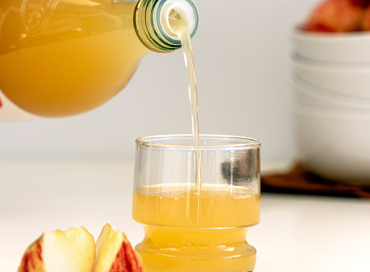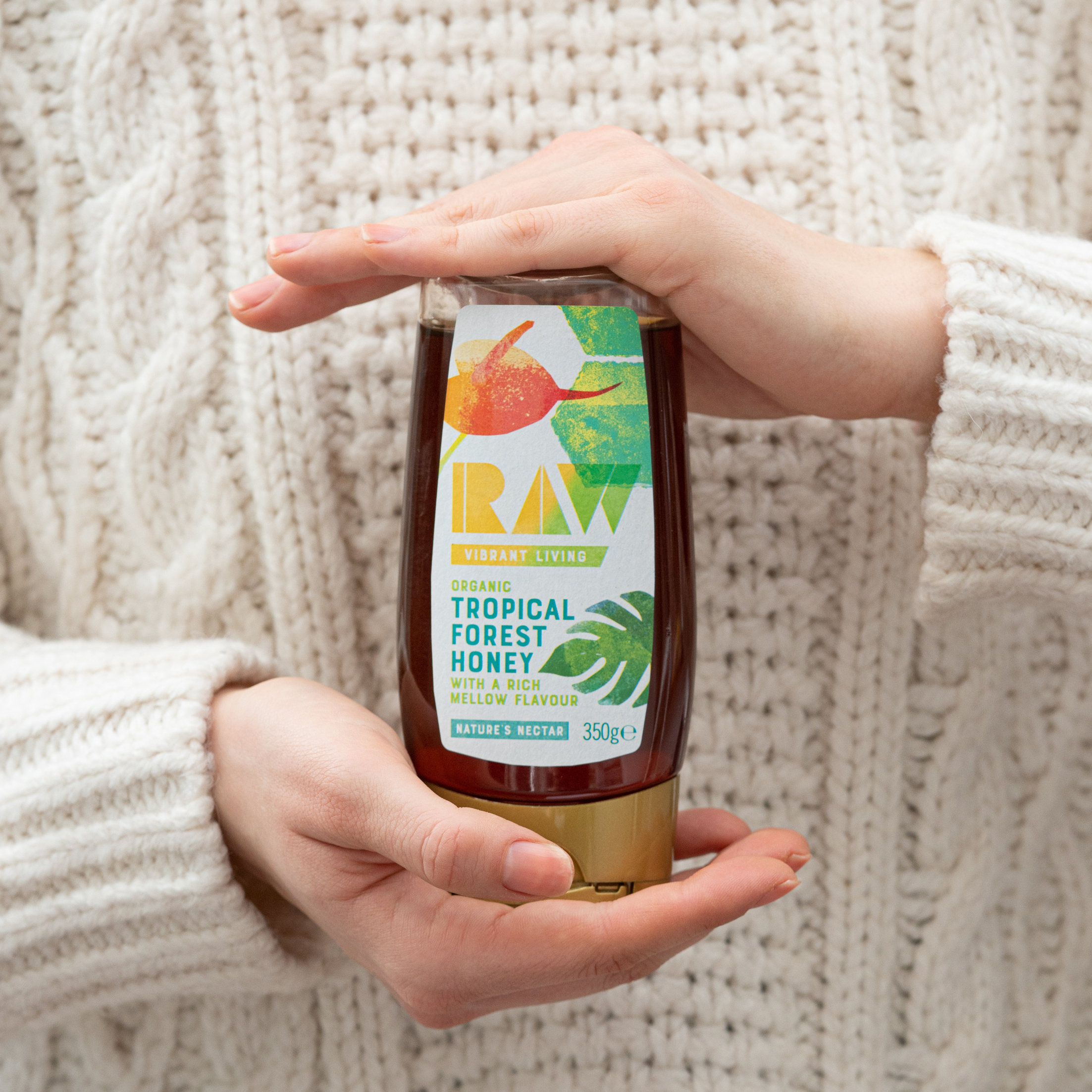How the Mediterranean Diet is Still Wowing Scientists
Eating sun-soaked power-foods is great for your gut, a new study confirms.
Club Med: How to Eat a Mediterranean Diet
According to the NHS, the Mediterranean diet “incorporates the traditional healthy living habits of people from countries bordering the Mediterranean Sea, including France, Greece, Italy and Spain”.
It’s a way of eating that includes lots of fruits, vegetables, legumes, nuts, cereals, and unsaturated fats – such as olive oil – and intake of meat and dairy products is low.
Think meals based around a starchy wholegrain food (say pasta or crispbreads) and legumes (say lentils or beans), with heaps of delicious fresh, seedy salad, garnished with herbs and dressed in extra virgin olive oil. Add extra veggies, olives on the side and fruit for dessert! If you’re doing it right, your plate should look colourful (you get the broadest range of phytochemicals, nutrients and fibre by ‘eating the rainbow’) and taste amazing.
What’s the Hype?
It’s not news that this diet is great for you. An abundance of research suggests so, with particular focus on benefits to the heart (not to mention healthy weight loss, stroke, diabetes, bone health and depression). No surprise that this year, the Mediterranean diet won the title of Best Overall Diet for the third time.
A new study published last week adds to a growing pile of research that eating the Mediterranean way is also super for your gut.
The Gut-Ageing Link
This latest study investigated the effect of eating a Mediterranean diet in the context of healthy ageing. The researchers gave elderly participants a specially formulated Mediterranean diet for 12 months and examined the effect it had on their gut and consequences on frailty, inflammation and brain function.
In just one year, the participants’ microbiomes were found to have changed in a way that the researchers inferred would improve brain function, reduce inflammation and boost longevity. In short, the study found that switching to the Mediterranean way of eating can promote healthier ageing. Incredible, right?
Get Yours!
If you needed any more reason to give this diet a go, this is it. Here are our top tips for starting and sticking with this scientist approved diet.
- Think plants. As mentioned above, you can pack in the nutrients by choosing vegetables in a variety of colours. Stick to whole grains and super-boost the goodness by keeping it raw where possible!
- Cook in or garnish with extra virgin olive oil. Unsaturated, plant-based fats are central in this oily diet. Avoid animal fats, like butter, and ensure you get a little EVOO in your food every day.
- Garnish and snack with nuts and seeds. More plant-based fat and fibre, but keep these in moderation due to high calorie content. Olives are also great for snacking on or adding a salty, meaty bite to hearty dishes.
- Check your protein. Animal products are not regularly eaten as part of this diet – aim to get most of your protein from beans and other legumes instead.
- Eat together! Key to the Mediterranean lifestyle is the social nature of dining. Meals should be shared, joyful occasions. Plenty of conversation and laughter are the not-so-secret ingredient to wellbeing!
- Take your time. To follow the traditional Mediterranean example, try slowing down and approach eating mindfully. Allowing yourself at least 20 minutes to sit down per meal gives you time to enjoy and begin to digest your food – it’s much better for you than constantly eating on the go.
- Exercise. Regular movement should be part of any healthy lifestyle, and this is no exception! Be active in a way that feels good for you – walking and dancing are both great, fun ways to get your body moving and fit right in to the Mediterranean approach.
Do you already enjoy a Mediterranean way of eating, or are you thinking of making the switch now you know how good it is? Let us know over on Social! #RawVibrantLiving.




